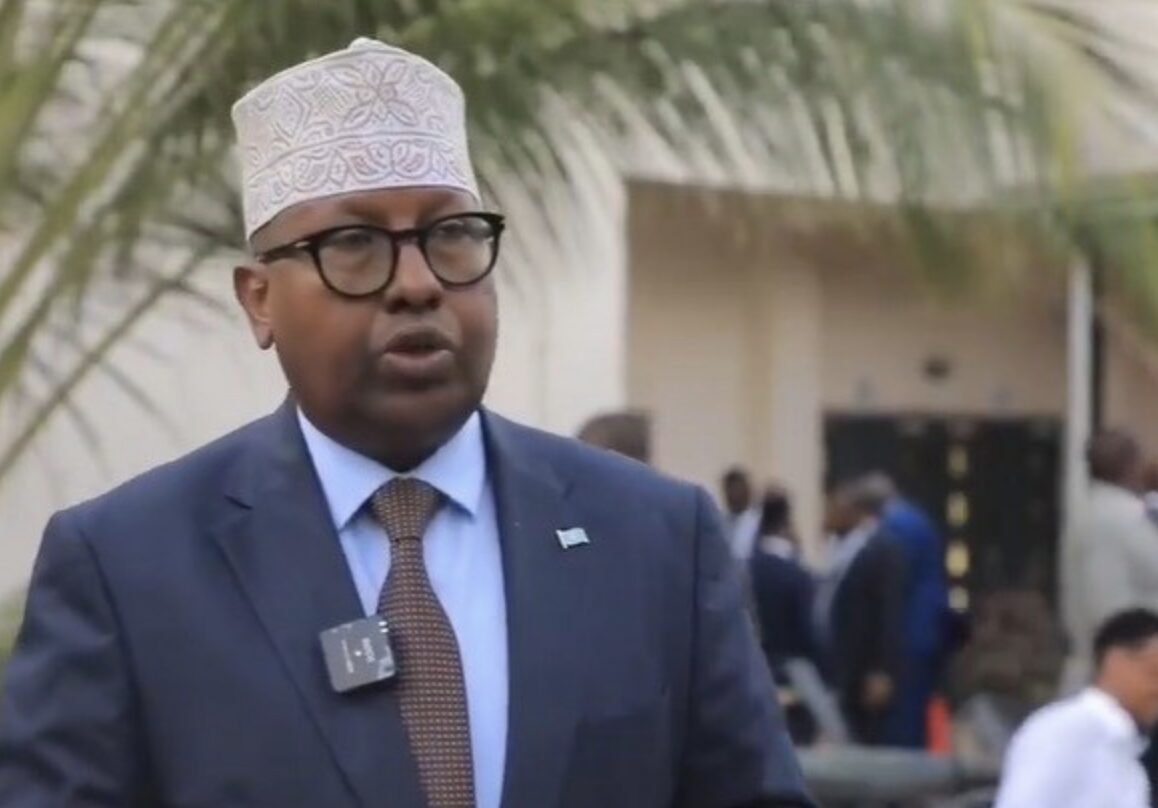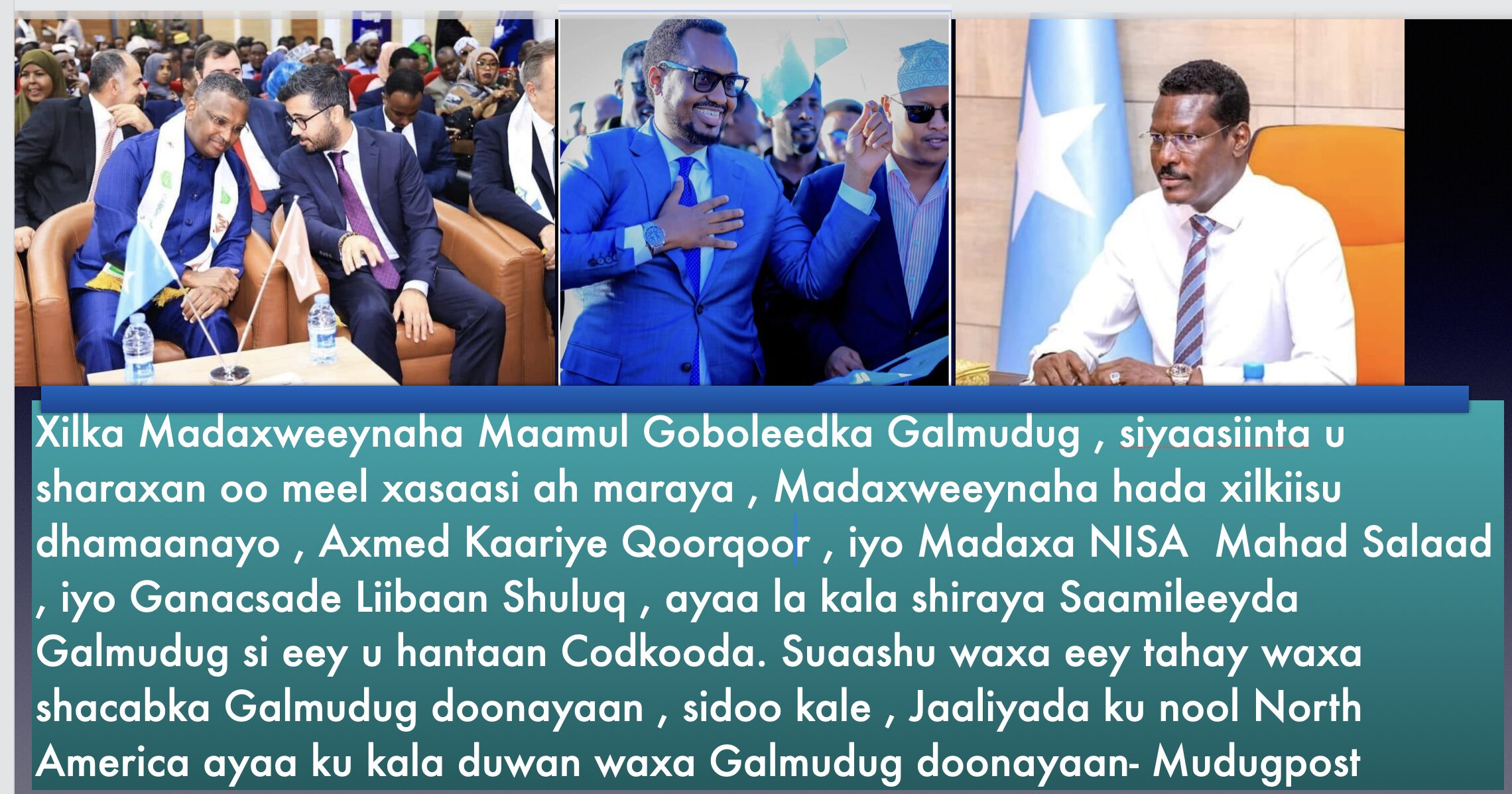Somalia has rejected Ethiopia’s request to participate in an upcoming multinational military exercise in Somali territorial waters, citing violations of international law and the country’s sovereign maritime rights.
Defence Minister Ahmed Moalim Fiqi said the Somali government issued an official objection after Ethiopia formally expressed interest in joining the coastal drill during a recent summit of East African foreign ministers held in Addis Ababa.
“We cannot allow a landlocked nation to operate in our waters,” Fiqi said. “Somalia maintains full sovereignty over its land, sea, and airspace. Any unauthorized involvement by Ethiopia in maritime drills violates international maritime law and our national regulations.”
Ethiopia proposed contributing naval personnel to the AU‑led AUSSOM peacekeeping mission during the EASF summit in Mogadishu. The initiative was seen by Somali officials as a replay of its broader maritime ambitions tied to the earlier Somaliland naval‑base memorandum.
Fiqi emphasized that landlocked states have no legal grounds to operate in the waters of another nation without formal approval, which Somalia has not granted. “There is no precedent or legal framework that allows this kind of involvement,” he said.
This latest dispute unfolds against the backdrop of a diplomatic crisis triggered by a January 1, 2024, memorandum of understanding (MoU) signed between Ethiopia and Somaliland. Under the deal, Somaliland—a self-declared republic not internationally recognized—agreed to lease a 20-kilometre stretch of coastline near Berbera to Ethiopia for the development of a naval base. In return, Ethiopia signalled symbolic recognition of Somaliland’s independence, prompting sharp condemnation from Mogadishu.
Somalia denounced the MoU as a violation of its territorial integrity and recalled its ambassador from Addis Ababa, expelling Ethiopia’s ambassador in Mogadishu soon after. The Somali Parliament later voted to nullify the agreement, while President Hassan Sheikh Mohamud called it “an act of aggression.”
Despite being landlocked since Eritrea’s independence in 1993, Ethiopia has made several attempts in recent years to secure access to the sea through agreements with Djibouti, Sudan, and Somaliland—moves that Somali officials have criticized as bypassing Somalia’s territorial integrity and international norms.
Although Ethiopia lacks a coastline, it has been rebuilding its naval capacity as part of a broader strategy to project power in the region. Somalia, however, views such maneuvers as part of a creeping expansionism that undermines its sovereignty.
Regional analysts warn that the latest military standoff could strain already fragile diplomatic ties between the Horn of Africa neighbours and reignite long-standing tensions over Ethiopia’s maritime ambitions.
The planned coastal drill will move forward without Ethiopia’s participation, according to Somali defence officials, who said only fully authorized partners will be involved in the operation.










